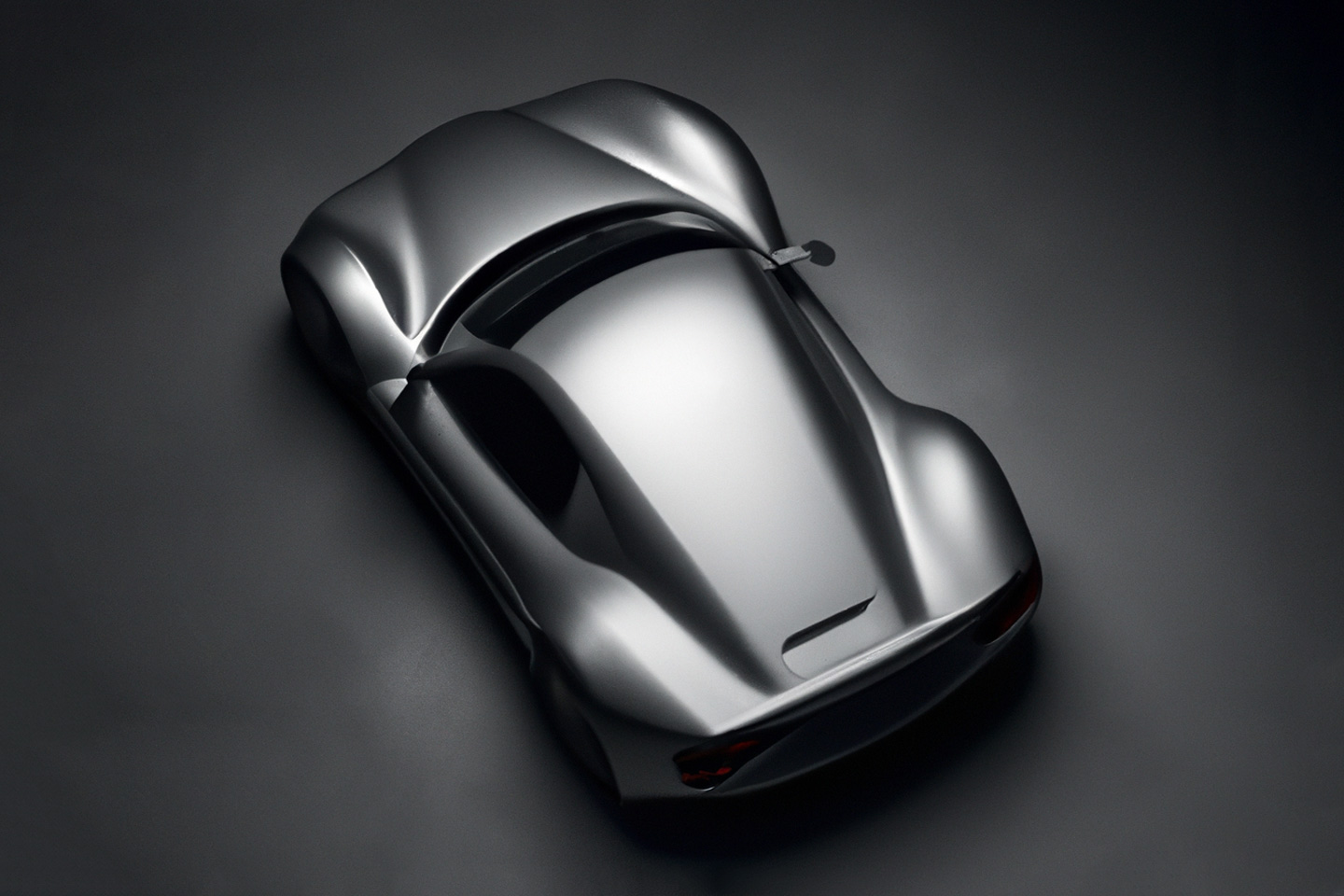For you:Could AI algorithms create your future car?
Algorithms predict everything else in our life, what if they could serve the perfect car, made just for us?
evo Magazine column, January 2021

In the before-times, multiple marketing leaders made grand statements that 2020 would be the year of the personalisation economy. Spanning different industries, many of these predictions included surveys that claimed large percentages of consumers wanted “tailor-made experiences” or “unique customer journeys”. And it wasn’t reserved to the luxury industry either as it had been in the past. This could be implemented at your local Bunnings, supermarket or after-work watering hole. Everyone wants something that makes them feel recognised as a unique and beautiful snowflake. And thanks to big data advancements, we're now living in a world where this is entirely possible.
Elsewhere on these pages, we talked about Porsche’s new data revolution and Maserati’s new customisation program – and to be honest, the meeting of those two ideas in the one month got me thinking. What if we combined the industry’s notions of traditional customisation –exterior and interior design, trim levels, optional extras and performance specifications– with driving metadata? It could create a “For You” car, like the playlists and suggested content our algorithms serve us. Coachbuilding or more, personalied tuning of the future, I guess you could call it. Could the industry technically use metadata based on a “driving profile” that would draw from where we live, how we drive, when we drive and what we’re attracted to aesthetically, to create the perfect car? And if so, what kind of impact would that have?
I asked Sridhar Mamella, Porsche’s Platform Manager of Data Streaming, who we interviewed for the aforementioned piece in this issue, if, based on his knowledge (NOT, I will add with particular emphasis, what Porsche is doing right now with customer data) if this was hypothetically possible. “Yes, the future is open, the possibilities are endless,” he said. “I’m not sure about manufacturing cars based on driver profiles, but it is realistic that every driver could have, like their driver’s licence or Facebook, a profile of metadata about their driving style.”
If given the chance, would you choose this route? Let’s say a new manufacturer popped-up, or a major group like the VW group decided to say “OK, let us track your driving for a year and then build you a bespoke car.” Would you want your very own signature model? It does take the pleasure of option-ticking one step further, no? You’d have everything you didn’t even know you needed, and nothing you wouldn’t use. It’s not like OEMs haven’t been using the “individually yours”-like taglines on us for years anyway.
With the rise of software coding, modular platforms, electrification and manufacturing advancements, I don’t think my hypothesis is all that deranged. Maybe this is how future carmakers solve the nostalgia issue of new cars? We all complain that new vehicles, particularly as we move towards a world where computerised mobility becomes the norm, have lost their charm. Would having something completely tailored to you and only you break the ice? Would it even extend into our loved ones and become an heirloom, just like the cars our grandparents drove that fill us with the warm and fuzzies? I can imagine it now: “This was my grandmother’s car – she loved low-powered, rear-wheel-drive, two-door coupes with razor-sharp steering, closely-placed pedals, tiny steering wheels and thin A-pillars,” I see my great-grandchildren bragging about the NF Speciale I bequeathed them. God forbid you have a relative with terrible taste and end up inheriting a monstrosity like the car Homer designs in that episode of The Simpsons.
Maybe individual specifications become collector’s items? Or maybe, if you want to sell or move on to a different model, you would do a system reset like as one would an iPhone? Technically, there are manufacturers out there that already have the ability to upload performance specifications over-the-air. Remember when Tesla gave its customers more range during the Californian wildfires in 2019? What if “unlocking” elements related to your specific driving profile. Oh god. What if it was monetised?? Or a company with a monopoly on metadata, like Facebook, Apple or Google, governed your driving profile and could transfer the performance data from car-to-car, leaving the aesthetics to the manufacturers. Look at what happened to humble camera obscura – you can buy a Leica or Kodak filter from the Apple store for just a few dollars.
If you feel a bit sick thinking about this, so do –to be clear. I can’t help but think these thoughts highlight exactly why we’re on the cusp of a tech revolution that will soon be the elephant in the room – more than any fuel cell debate. Yes, some of this could ve very cool, but also, nobody wants one conglomerate controlling all our driving data in the same way we’ve seen happen in the tech industry. But Silicon Valley is getting uncomfortably close to the line. I worry how things could go once the balance of hardware vs software is tilted, so I hope I’m very wrong here.